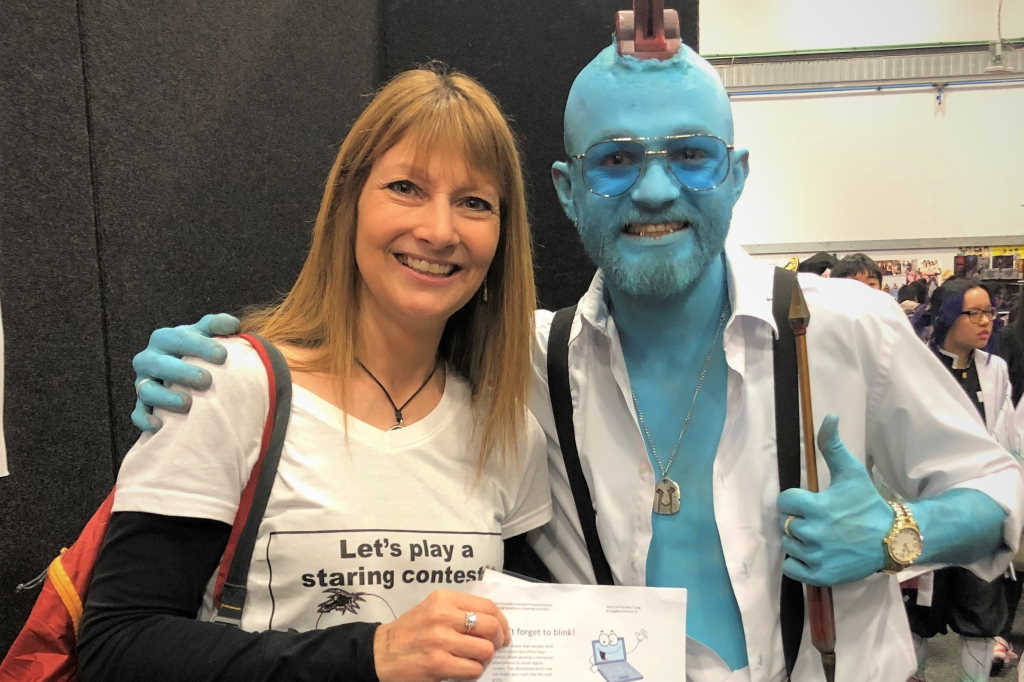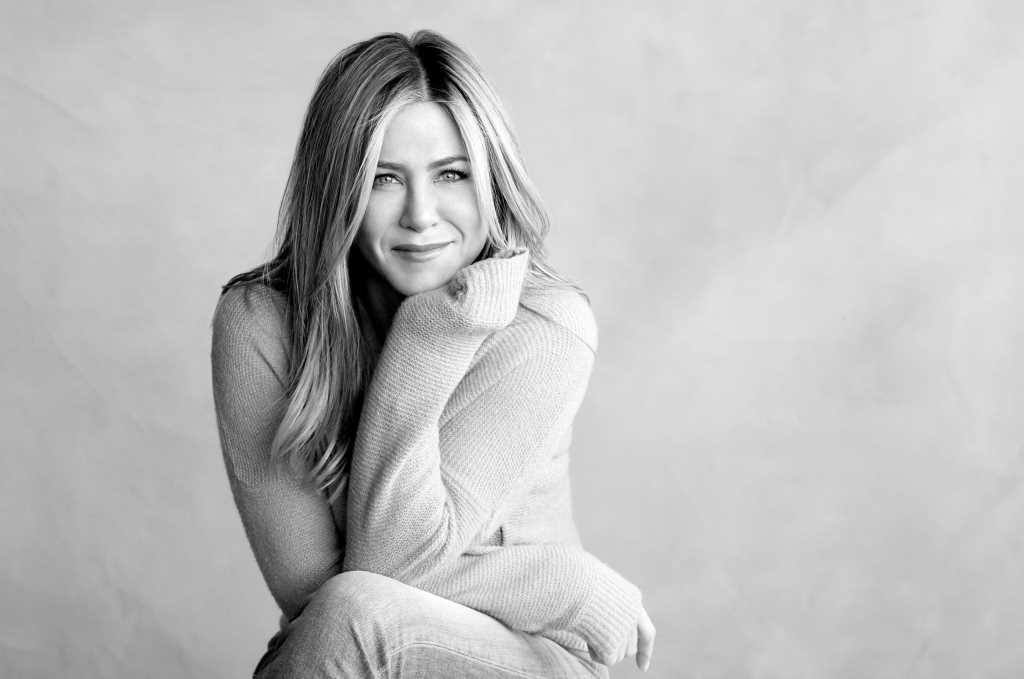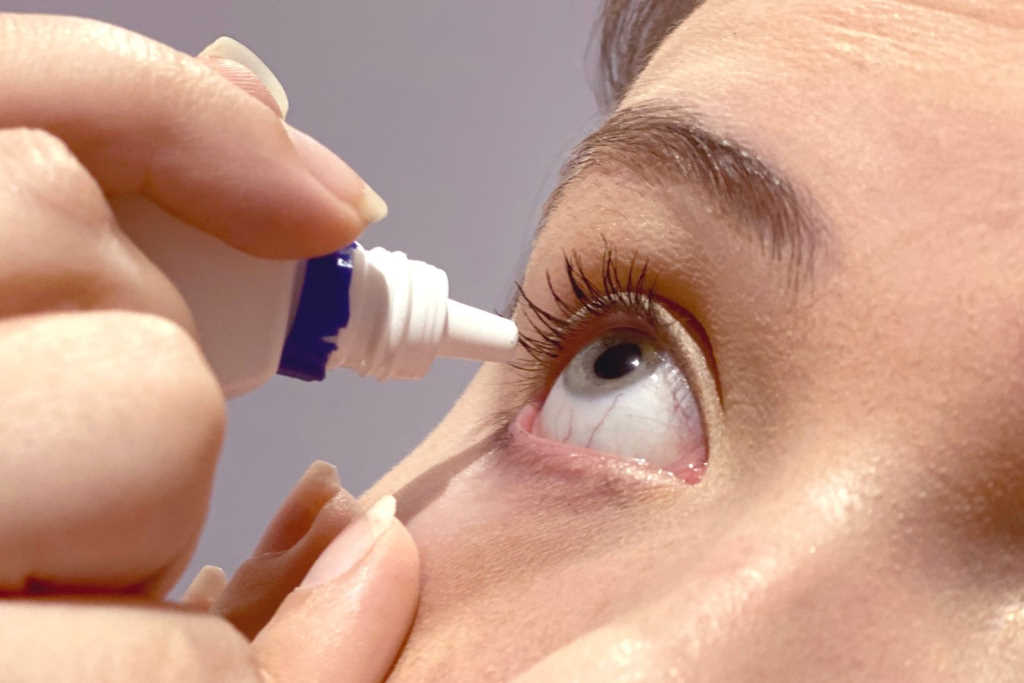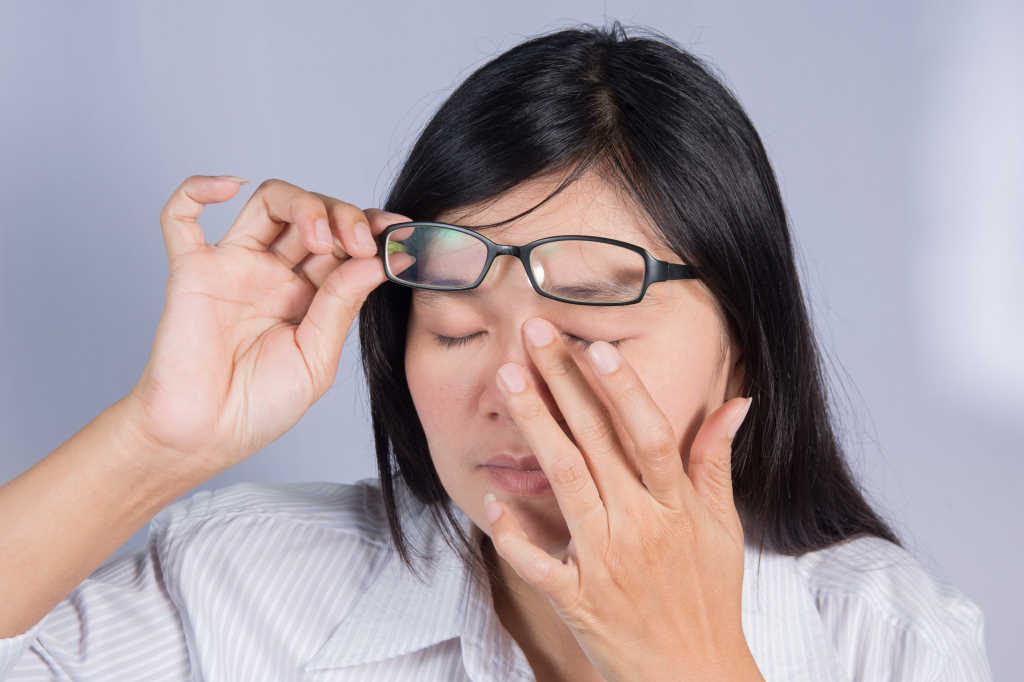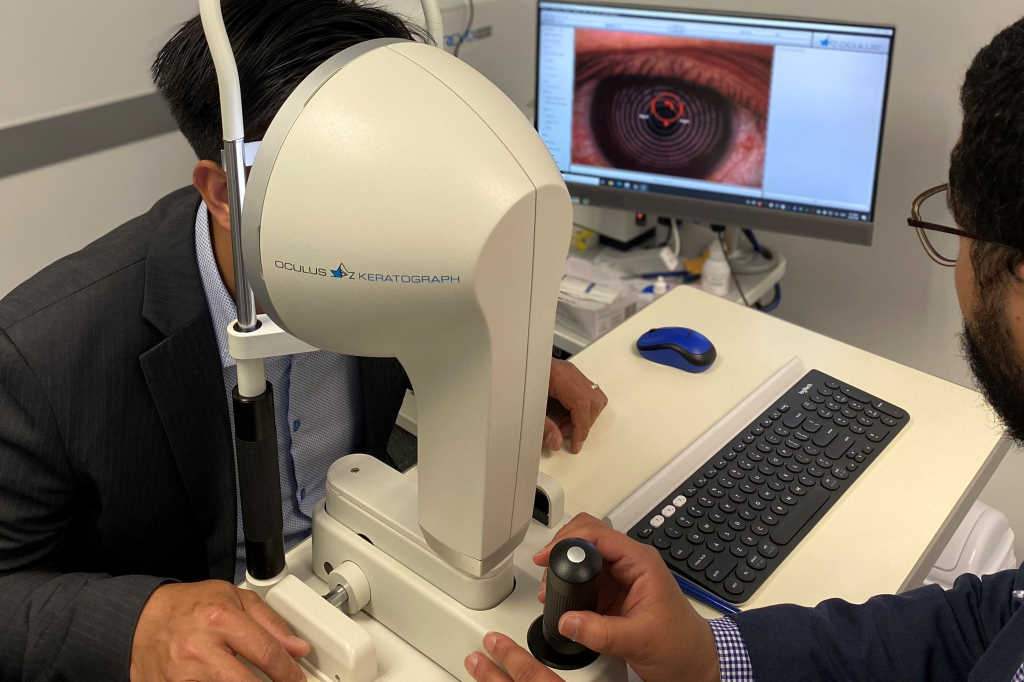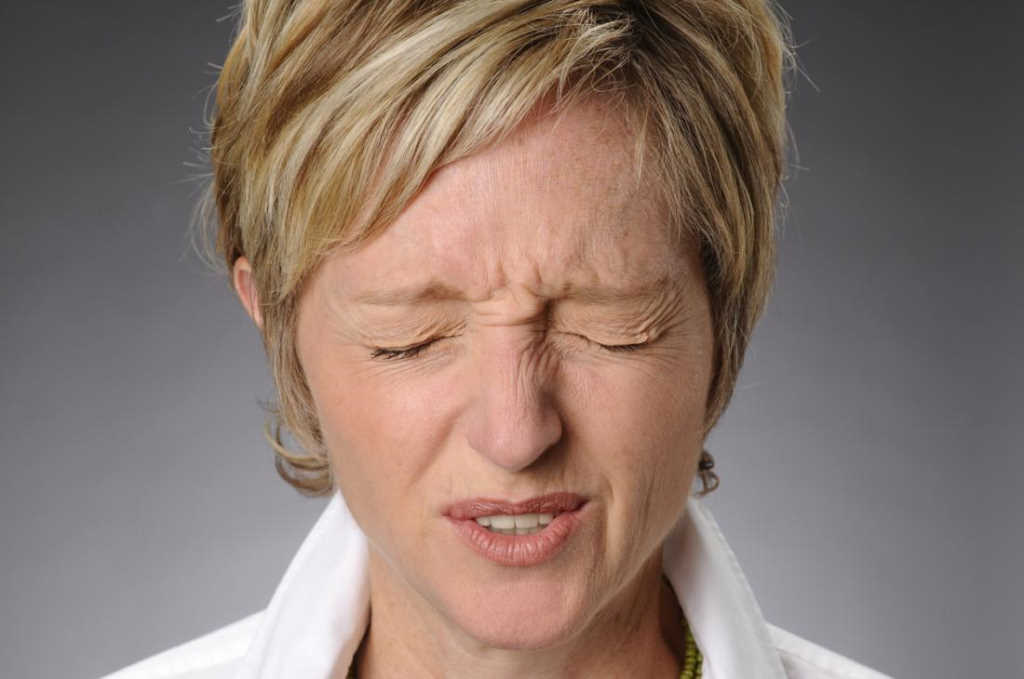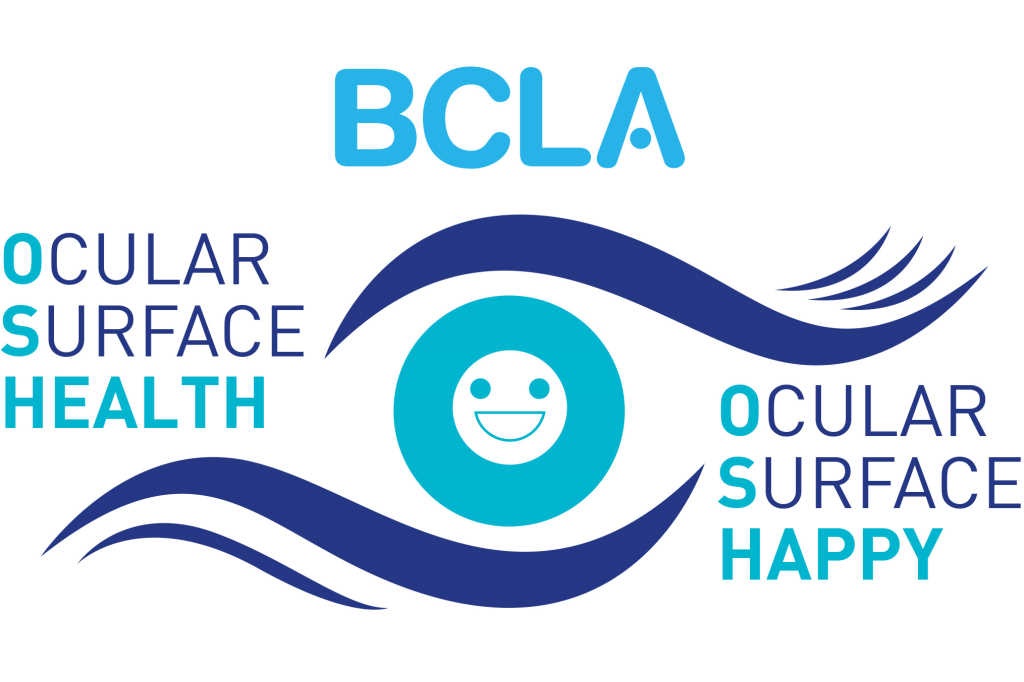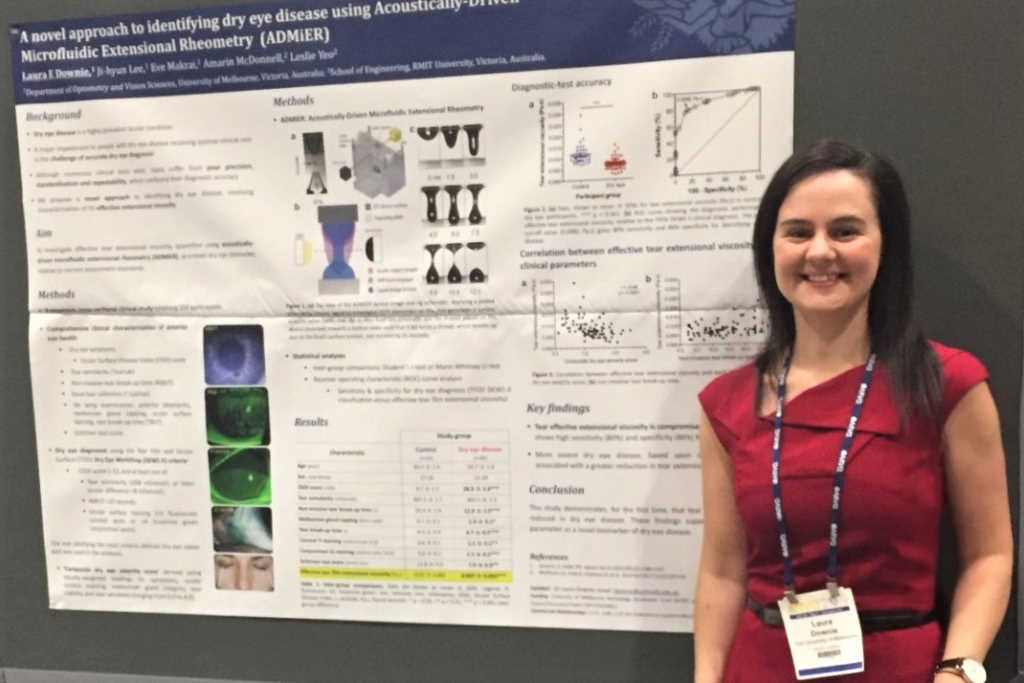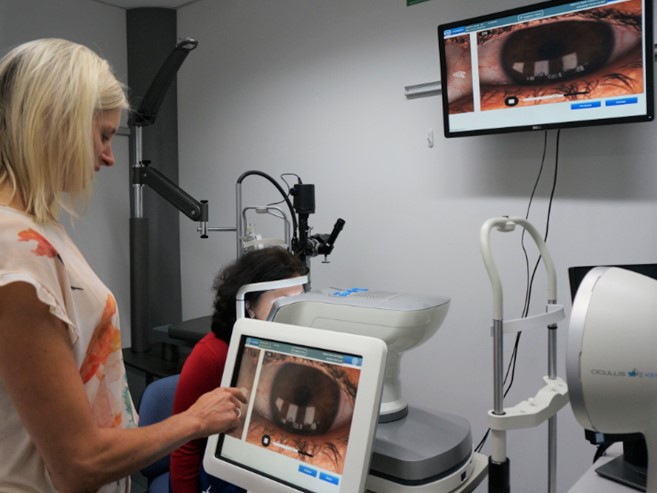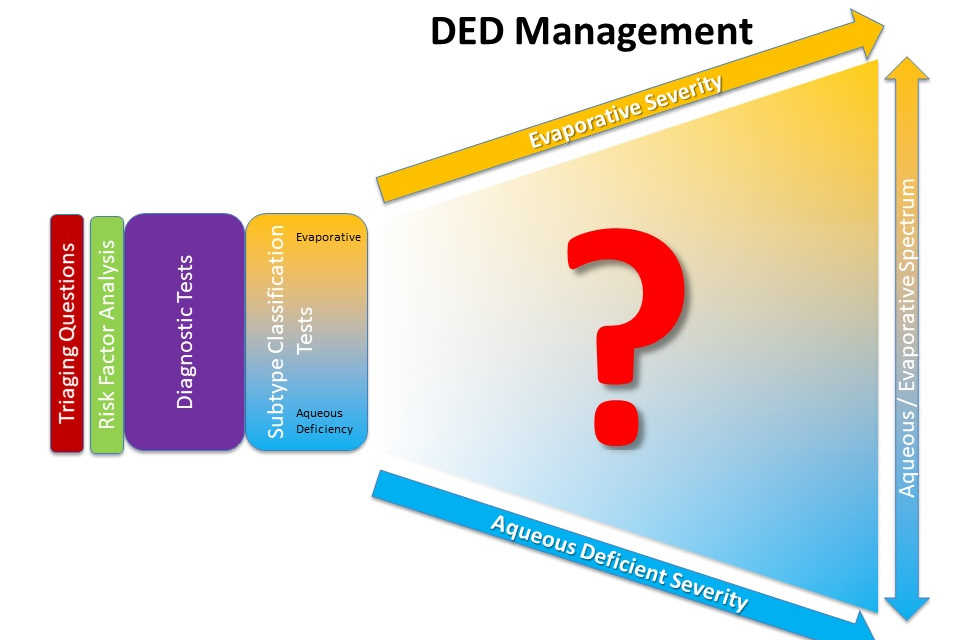Battling OSD despite the pandemic
No one could have imagined what 2020 would bring, least of all those in the eye professions for whom ‘2020’, by all rights, was supposed to be our ‘perfect’ year. And yet here we are, more than six months in, with very few globally having remained immune to the impact of SARS-CoV-2.
Closed international borders and grounded planes have led to ophthalmic conference cancellations across the world. I pinch myself, as I struggle to believe I was able to visit Colombia, (much) earlier this year, to deliver a TFOS DEWS II live demonstration session at their annual ophthalmology congress, or Barcelona where I chaired and presented at Laboratoires Théa’s Ocular Surface Masterclass for clinical ophthalmologists. Since then, there’s been a string of conferences, at which the Ocular Surface Laboratory (OSL) team would have been represented, either cancelled, postponed or rapidly converted into virtual meetings. These include the Dutch Contact Lens Congress (NCC) in the Netherlands, the Scientific and Educators’ Meeting in Optometry (SEMO) in Auckland, the Association for Research in Vision and Ophthalmology (ARVO) in Baltimore, the European Society of Cataract and Refractive Surgery (ESCRS) in Amsterdam and the American Academy of Optometry (AAOptom) in Nashville, Tennessee, to name but a few.
For those of us in the field of ocular surface research, however, the most heart-breaking of all was the cancellation of the much-anticipated, quadrennial TFOS Conference. Due to have been held in Italy in September, this meeting provides the opportunity for clinician and basic science researchers, educators and industry representatives to network, discuss advances in the ocular surface disease (OSD) field and plan future research that will ultimately benefit patients. We all look ahead to better times when we can meet again and, personally, I also look forward to the opportunity of fulfilling the incredible honour of delivering the seventh Claes H. Dohlman plenary lecture on Ocular Surface Disease as a Lifestyle Epidemic. In the meantime, we will do our best to face the challenges presented by the pandemic in continuing to provide and promote better health for patients with OSD.
OSL team update
For the Ocular Surface Laboratory, the pace of life, somewhat paradoxically, stepped up a notch during lockdown, and the adaptive leadership challenge I had set myself for reimagining ocular surface research without face-to-face contact became more of a living reality than a hypothetical scenario. I’m incredibly proud of the resilience, agility and adaptability of the OSL team, who worked hard with each other, and with our stakeholders, to reshape our research into a series of viable projects capable of respecting social distancing restrictions.
The researchers who were perhaps most immediately affected by Covid-19 restrictions were our two six-month visiting scholars: PhD student Samira Hassanzadeh from Iran and Sebastian Golcyzk, a masters student from Germany, who, although they were thwarted in their plans to explore our beautiful country, rallied professionally with the support of the OSL team to produce some great research outcomes during their time with the OSL. The projects they worked on are described in our 2020 Dry Eye feature and we look forward to welcoming them back to collaborate further and to more extensively explore New Zealand in the future.
Post-doctoral fellow Dr Alex Müntz has had a fruitful year with publications expected to be in double digits this year, including a number as lead author. Alex plays a key role in coordinating and supervising the team’s research and, as a previous proud recipient of an ARVO Science Communication Training Fellowship, is the OSL’s communications lead, guiding our online and social media presence. He’s ably accompanied in his research endeavours by the team’s other post-doctoral fellows, Dr Sanjay Marasini and Dr Ally Xue, both of whom completed their PhDs last year and have published articles in the Ocular Surface Journal, ophthalmology’s highest impact factor journal that accepts original research, this year.
OSL collaborations
The OSL continues to collaborate widely, within the University, nationally and internationally. As well as supporting Auckland University’s School of Optometry and Vision Science Dry Eye Clinic, we value local research collaborations with Dr Phil Turnbull and Dr Ehsan Vaghefi in SOVS, with Associate Professor Simon Swift in Molecular Medicine and with the Auckland Bioengineering Institute.
Outside the university, we collaborate with optometrists, ophthalmologists, nurses and medical practitioners in the community. We continue to work closely with Grant Watters in Auckland and together with Dr Graham Wilson, on the Dunedin Multidisciplinary Health and Development Study. International collaboration remains key to the group achieving its aims, with highlights this year being doctoral student co-supervision in Australia and the UK, and the opportunity to contribute, along with Dr Marasini, to two of the subcommittees of the British Contact Lens Association’s global Contact Lens Evidence-based Academic Report (CLEAR) which should be published in 2021.
We’re also proud to have successfully led an international multicentre clinical trial, involving the University of New South Wales in Australia, the University of Waterloo in Canada and Aston University in the UK. The outcome of this trial, which was awarded significant funding through Alcon’s investigator-initiated research programme, is evidence-based guidance that will be valuable for eye care practitioners in managing patients with dry eye disease in clinical practice.
With current postgraduate students, including Dr Michael Wang, well on their way towards degree completion, the OSL team has recently expanded to include part-time researchers: optometrist Ryan Mahmoud, who is currently completing a University of Auckland postgraduate certificate; nurse prescriber Marc Maclean, from Counties Manukau Health; and SOVS professional teaching fellow and MSc student Bhavna Patel.
Having gained New Zealand Health Research Council (HRC) funding for a therapeutic dry eye project, currently being led by Associate Professor Ilva Rupenthal, we expect to see an additional clinical PhD student recruited very soon. Karien Nel, who trained as an optometrist in South Africa, has also recently joined the OSL as a clinical researcher on the Azura clinical trial. This is an exciting new project for the OSL, complementing a scientific research project currently underway in collaboration with Azura and led by Dr Müntz.
As always, dry eye patients who might be interested in participating in any of our research projects are encouraged to get in touch (022 EYE PAIN) to find out more information about currently enrolling projects.
For all the above stories search ‘DRYEYE2020’
Associate Professor Jennifer Craig heads the Ocular Surface Laboratory in the Department of Ophthalmology at the University of Auckland, New Zealand, and was vice-chair of the Tear Film & Ocular Surface Society’s second dry eye workshop (TFOS DEWS II).









